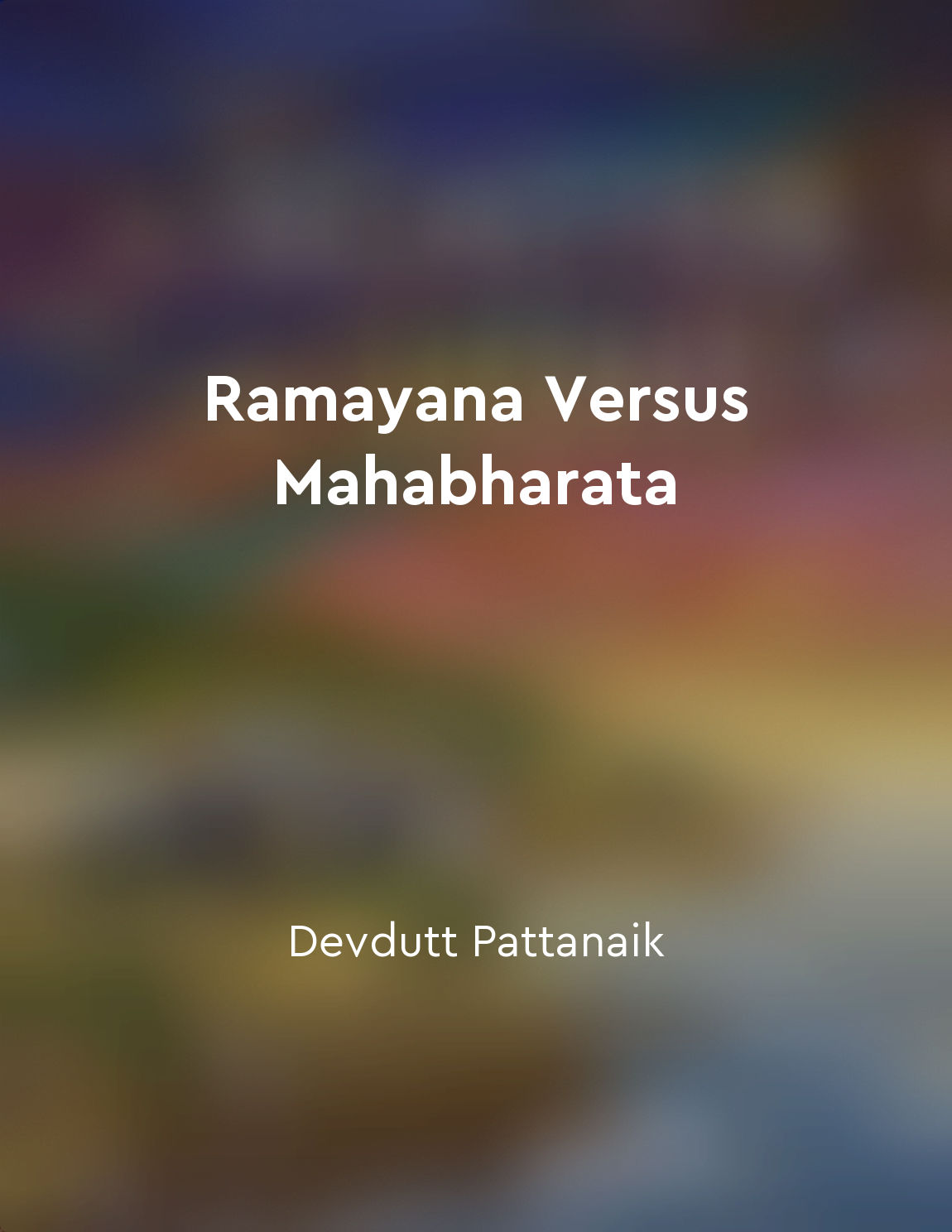The early Middle Ages saw the rise of epic poetry from "summary" of A Short History of English Literature by Benjamin Ifor Evans
In the early Middle Ages, epic poetry emerged as a dominant literary form in English literature. This period, also known as the Dark Ages, was characterized by a lack of centralized authority and stability, leading to the rise of oral traditions as a means of preserving cultural and historical narratives. Epic poems were passed down through generations by word of mouth, often recited by bards or storytellers in communal gatherings. One of the most notable examples of epic poetry from this period is Beowulf, an Old English poem that tells the story of a hero who battles monsters and dragons to protect his people. Beowulf is a prime example of the values and ideals of the early Middle Ages, such as loyalty, bravery, and honor. The poem also reflects the pagan beliefs and Christian influences that coexisted in society at the time. Epic poetry served not only as entertainment but also as a way to educate and inspire audiences. The larger-than-life characters and heroic deeds depicted in these poems provided a sense of cultural identity and continuity in a tumultuous era. Through epic poetry, people could connect with their past and find meaning in the challenges of the present. The oral tradition of epic poetry allowed for flexibility and creativity in storytelling, as bards could adapt and embellish the narratives to suit their audience. This dynamic interaction between storyteller and listener created a sense of community and shared experience, reinforcing the societal values and beliefs expressed in the poems.- The rise of epic poetry in the early Middle Ages marked a significant development in the evolution of English literature. These epic poems not only entertained and inspired audiences but also served as a powerful tool for preserving and transmitting cultural heritage from one generation to the next.
Similar Posts
His works cover a wide range of themes and emotions
Shakespeare's literary creations delve into an extensive array of subjects and sentiments, showcasing his versatility as a play...
The hero's journey is a common mythic theme in all cultures
In cultures throughout the world, there is a recurring mythic theme known as the hero's journey. This theme is not limited to a...
The hero's journey offers a path to selfrealization and enlightenment
The hero's journey, as described by Campbell and Moyers, is a timeless narrative structure that offers individuals a profound p...
Shakespeare's language can be challenging but rewarding
Shakespeare's language, with its rich tapestry of words and phrases, can prove to be quite daunting for readers at first glance...
Science and technology have impacted literary themes
Science and technology have played a significant role in shaping literary themes throughout history. The advancements in these ...
Allies guide heroes
In the great stories of mythology and folklore, we often see a common motif where the hero is assisted on their journey by alli...

Ramayana is idealistic, Mahabharata is realistic
In the Ramayana, characters are portrayed as either good or evil, with little room for ambiguity. The ideals of dharma and righ...
Language development
Language development is a complex process that starts from birth and continues throughout one's life. It involves the acquisiti...

